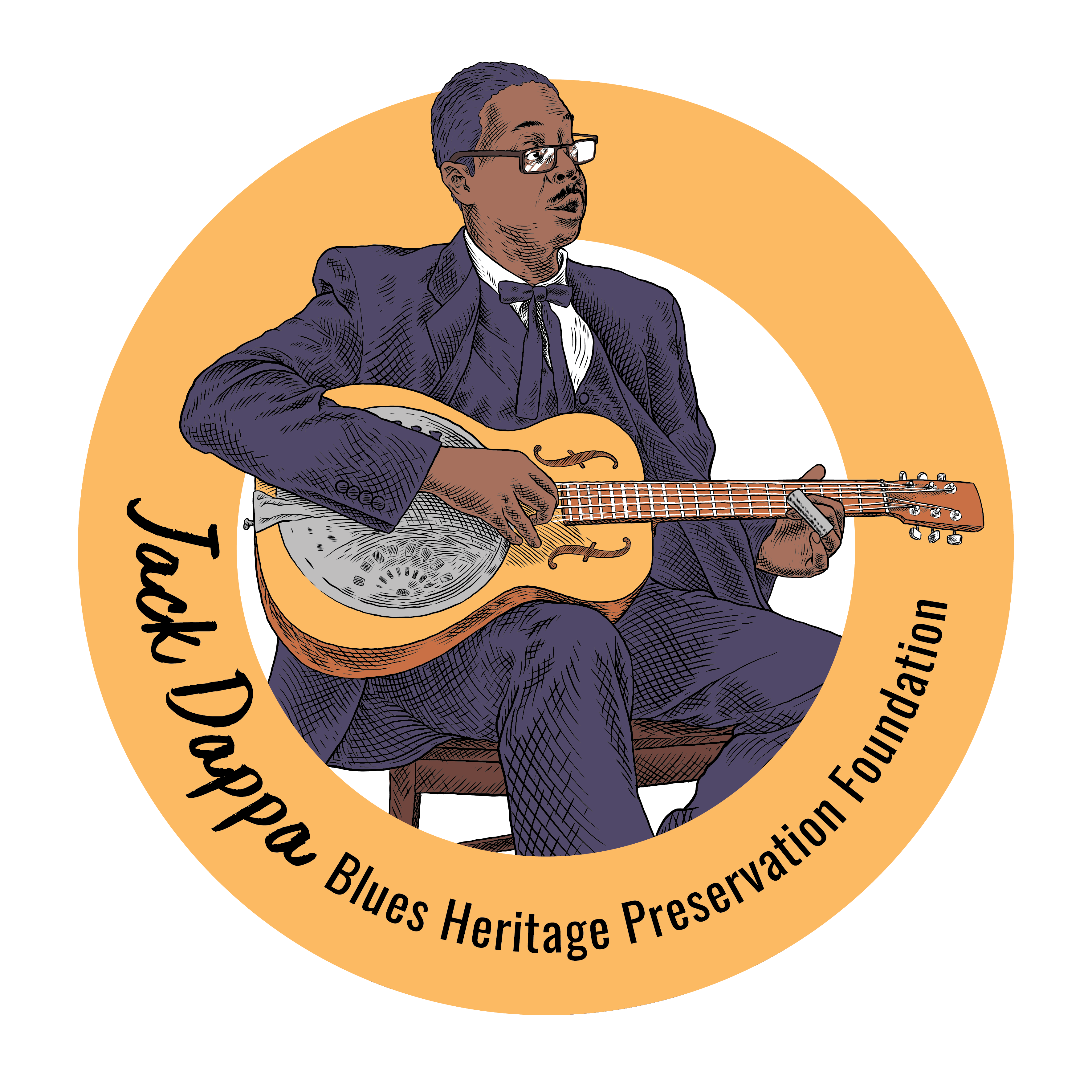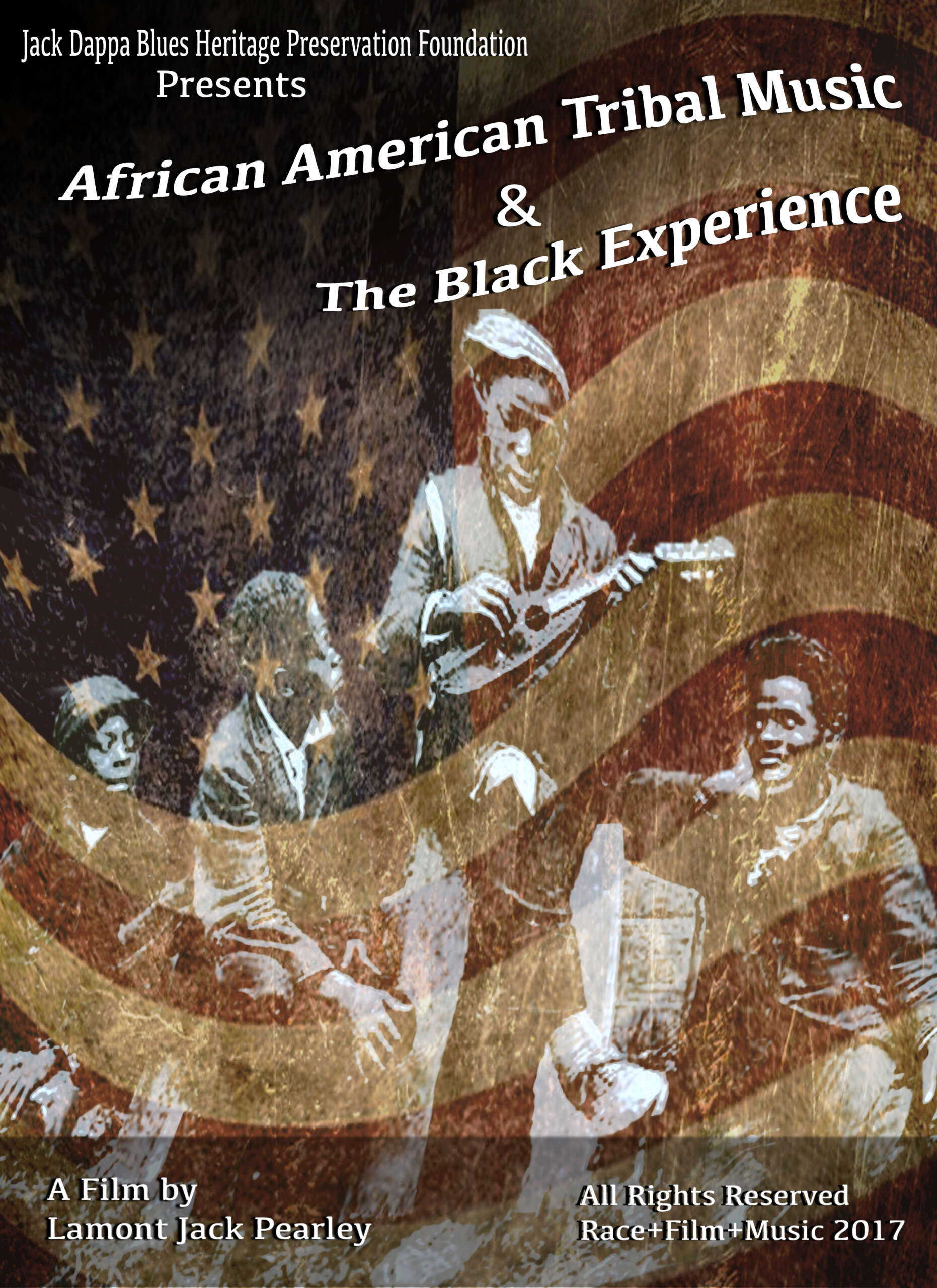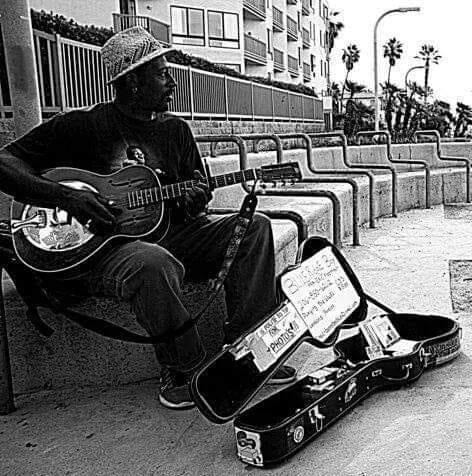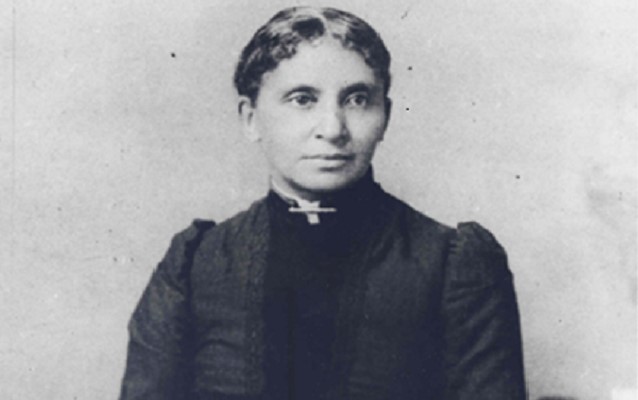Published by:
Lamont Jack Pearley
On our premier broadcast, Jack Dappa Blues Radio..we will discuss Columbus Day, African American Tribal Music while listening to some great Tunes!
Featured topic Abolitionist, educator, and writer Charlotte Forten Grimke was born into a wealthy abolitionist family in Philadelphia. She attended Higginson Grammar School in Salem, Massachusetts, as the only African American student in a class of 200. She later studied literature and teaching at the Salem Normal School. First known recording of Black Spirituals
Thomas Wentworth Higginson, who was an American Unitarian minister, author, abolitionist, and soldier, wrote an article in The Atlantic Monthly which he included several spirituals that were sung by black soldiers in his regiment. Later in 1871, Higginson wrote in his Army Life in a Black Regiment an entire chapter on black spirituals. The songs became popular in the same year (1871) when a group of Fisk University students made a tour under the leadership of George White.
John Wesley Work III, internationally acclaimed composer, educator, choral director, and ethnomusicologist, was born in 1901 in Tullahoma, Tennessee to musicians John Work, Jr., and Agnes Haynes. Both of Work’s parents were employed at Fisk University, his father as a professor of music and his mother with the Fisk Jubilee Singers. His grandfather, John Wesley Work, a choir director for Nashville churches, wrote and arranged music for the original Fisk Jubilee Singers in the 1870s. One of his most notable endeavors took place during the summers of 1941 and 1942. He and two of his colleagues at Fisk, Charles S. Johnson and Lewis Jones, set out to document the African American folk culture in the Mississippi Delta region. This project, in collaboration with the Archive of American Folk Song in the Library of Congress, would document and add the songs of this region to the national archive. During this study Work recorded numerous blues musicians including the singer Muddy Waters who had not yet achieved national fame, for the Library of Congress collection.




